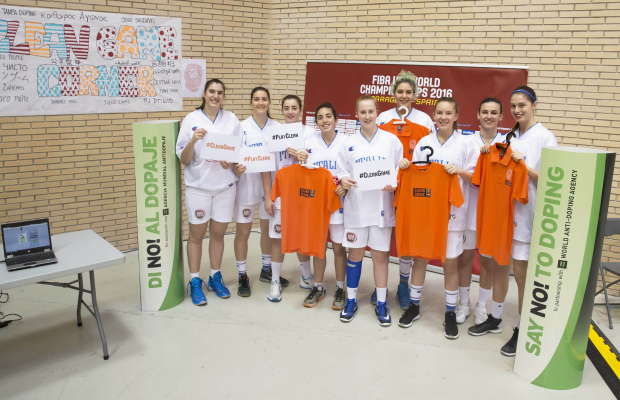Sexual harassment means unwanted and unwelcome conduct of a sexual nature, whether verbal, non-verbal, or physical. This form of harassment may be intended or unintended and legal or illegal. It happens in all sports and at all levels, with an increased risk at the elite level.
The underlying aspect of sexual harassment is that it is based upon an abuse of power and trust and that is considered by the victim or a bystander to be unwanted or coerced. In sport, sexual abuse often involves manipulation and entrapment of the athlete. The physical and psychological consequences of sexual harassment and abuse are significant for the athlete, their team and for the health and integrity of sport in general.
Often perpetrators of sexual harassment are in positions of power such as coaches and other members of athletes' entourage. However, coaches are not the only perpetrators. In fact, peer athletes harass athletes more than coaches. While it is expected and seen that more males than females are perpetrators, this could be due to the larger percentage of males in positions of power in sport. In fact, it is not solely males who are the perpetrators. For example, a recent study exploring sexual harassment of females in sport, has found that 34% of women had experienced sexual harassment from men and 12% from women.
Sexual harassment takes time to happen. Grooming is a precursor to sexual approaches and involves building trust, gradually pushing back the boundaries of acceptable behaviour, and slowly violating more and more personal space through verbal familiarity, emotional blackmailing, and physical touching. Often there are early signs in the relationship between the coach and player of the potential for abuse to occur.
